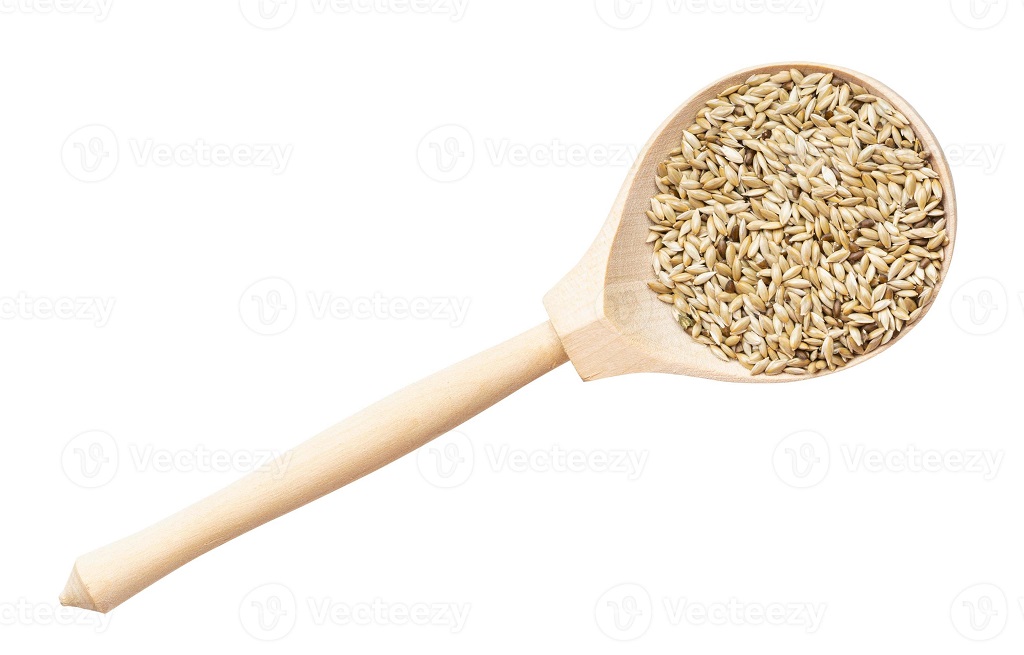In the quest for natural remedies to help manage diabetes, various seeds and grains have gained attention for their potential health benefits. One such seed is the humble canary seed, often associated with bird feed but now emerging as a potential aid in diabetes management. In this article, we will delve into the intriguing world of canary seeds and explore whether they indeed hold promise for individuals looking to control their blood sugar levels naturally.
The History of Canary Seeds
To understand the potential canary seed benefits and its nutritional profile, let’s first explore the history of canary seeds. These tiny seeds have been cultivated for centuries and were originally grown as food for birds, particularly canaries. However, their use in human nutrition dates back to ancient times when they were consumed by various cultures around the world. Today, canary seeds are gaining popularity as a potential superfood.
Nutritional Profile of Canary Seeds
High in Fiber
One of the key reasons canary seeds have garnered attention in the context of diabetes management is their impressive fiber content. Fiber plays a crucial role in regulating blood sugar levels by slowing down the absorption of glucose in the bloodstream. Canary seeds are rich in both soluble and insoluble fiber, making them a valuable addition to a diabetic-friendly diet.
Rich in Essential Nutrients
Canary seeds are not just about fiber; they also pack a nutritional punch. They are a good source of essential nutrients, including protein, healthy fats, vitamins, and minerals. This nutrient density can be particularly beneficial for individuals with diabetes, as it helps support overall health and well-being.
Canary Seeds and Blood Sugar Control
Glycemic Index
One of the factors that make canary seeds intriguing for diabetes management is their low glycemic index (GI). Foods with a low GI are known to have a smaller and slower impact on blood sugar levels. Canary seeds, with their low GI, can potentially help stabilize blood sugar levels and reduce the risk of sudden spikes.
Insulin Sensitivity
Research suggests that canary seeds may have a positive effect on insulin sensitivity. Improved insulin sensitivity means that the body can use insulin more effectively, leading to better blood sugar control. While more studies are needed in this area, the initial findings are promising.
How to Incorporate Canary Seeds into Your Diet
Now that we understand the potential benefits of canary seeds for diabetes management, let’s discuss how you can incorporate them into your diet:
- Canary Seed Flour: You can find canary seed flour in health food stores or make it at home by grinding canary seeds into a fine powder. Use it as a flour substitute in baking or cooking.
- Smoothies: Add a spoonful of canary seeds to your morning smoothie for an extra nutritional boost.
- Salads: Sprinkle canary seeds over your salads for a crunchy texture and added fiber.
- Porridge: Mix canary seeds with oats to create a hearty and filling breakfast porridge.
- Snacks: Roast canary seeds with a pinch of salt and your favorite spices for a nutritious snack.
Conclusion
While canary seeds show promise in diabetes management due to their nutritional profile, low glycemic index, and potential impact on insulin sensitivity, it’s essential to remember that they should be part of a balanced diet and not a standalone solution. Always consult with a healthcare professional before making significant dietary changes, especially if you have diabetes or other medical conditions.
Incorporating canary seeds into your diet can be a tasty and nutritious way to support your overall health and well-being. As with any dietary modification, it’s essential to monitor your blood sugar levels and consult with a healthcare provider to ensure your diabetes management plan aligns with your specific needs.
FAQs
- Can canary seeds cure diabetes?
No, canary seeds cannot cure diabetes. They can be a beneficial addition to a diabetic-friendly diet, but they should not replace prescribed medications or treatments.
- Are there any side effects of consuming canary seeds?
Generally, canary seeds are safe to consume. However, some individuals may be allergic to them. It’s essential to start with small quantities and monitor for any adverse reactions.
- How much canary seed should I consume daily for diabetes management?
The recommended daily intake of canary seeds can vary from person to person. It’s best to consult with a healthcare professional or a nutritionist to determine the right amount for your specific needs.
- Can canary seeds be used as a substitute for wheat flour in baking?
Yes, canary seed flour can be used as a wheat flour substitute in baking. It’s gluten-free and can add a unique flavor and texture to your baked goods.
- Where can I purchase canary seeds?
You can find canary seeds in most health food stores, online retailers, or specialty grocery stores. Ensure that you buy high-quality, food-grade canary seeds for consumption.














